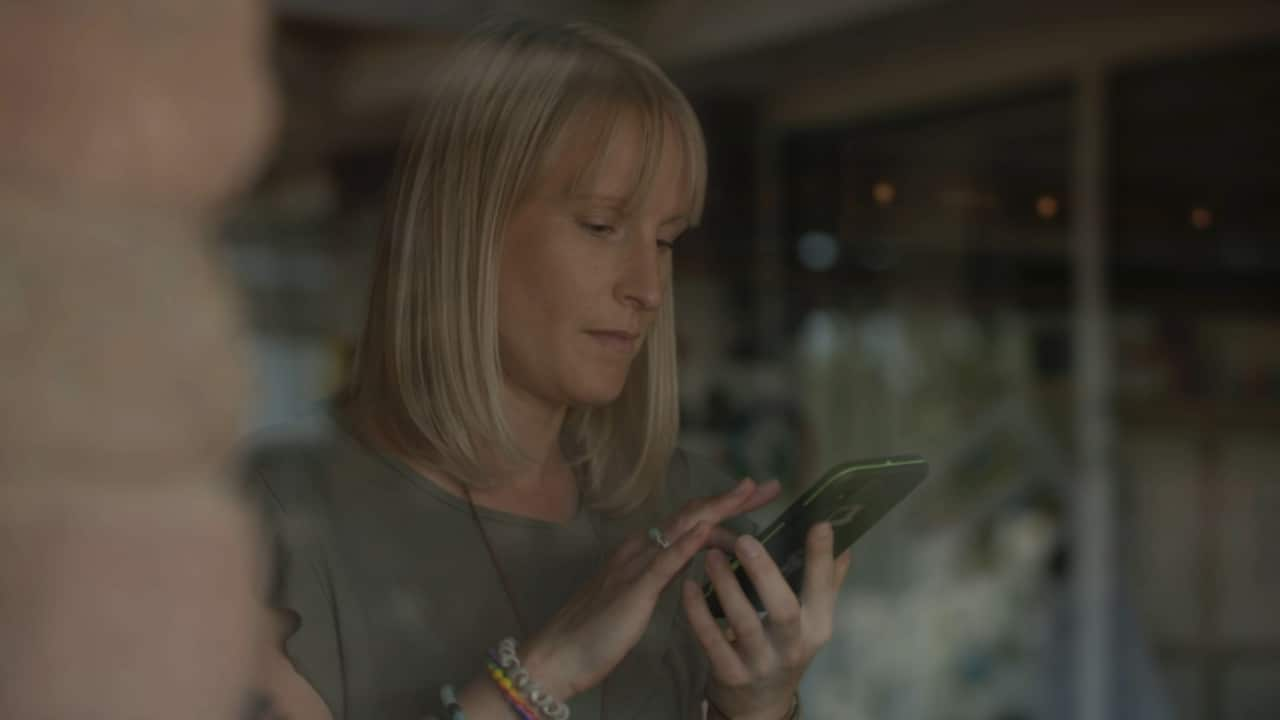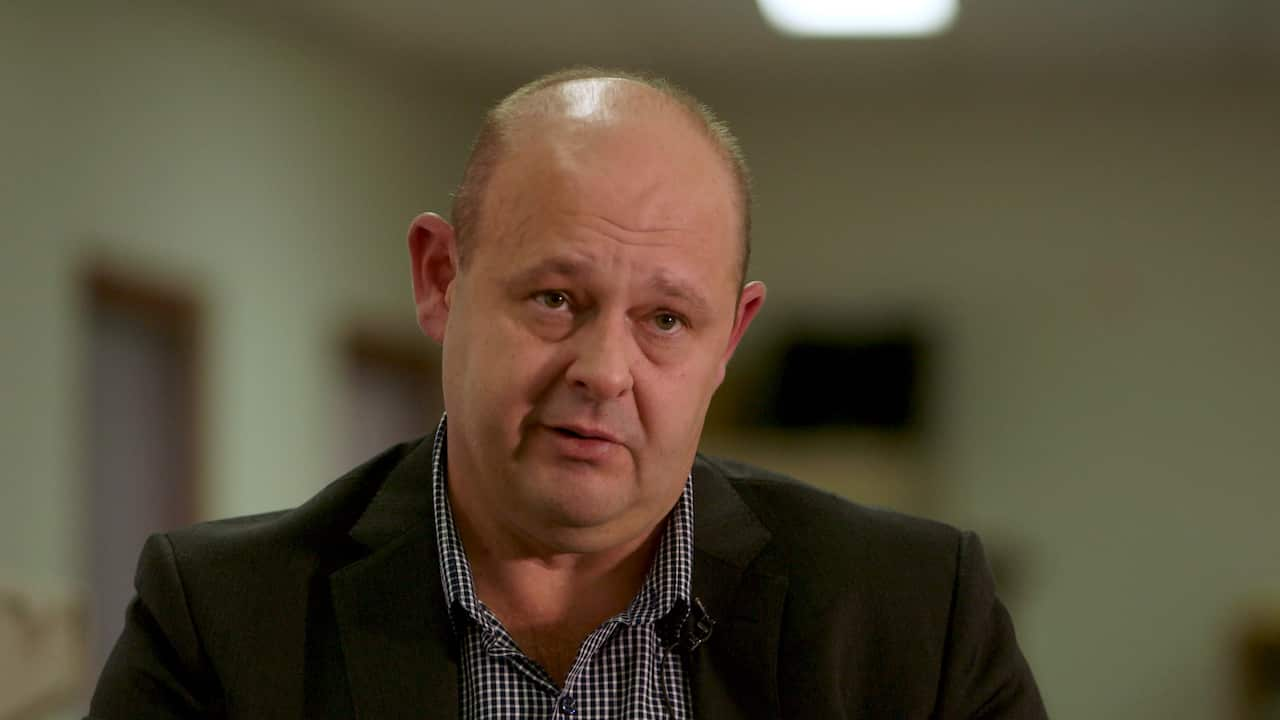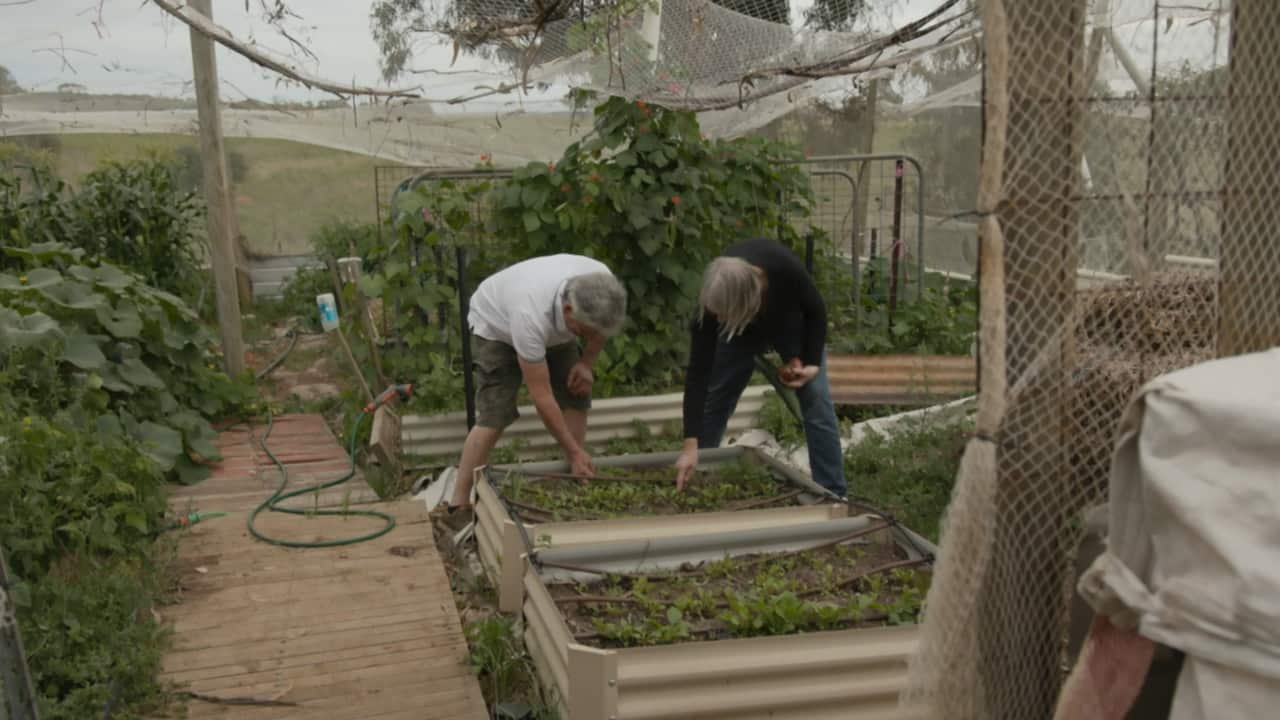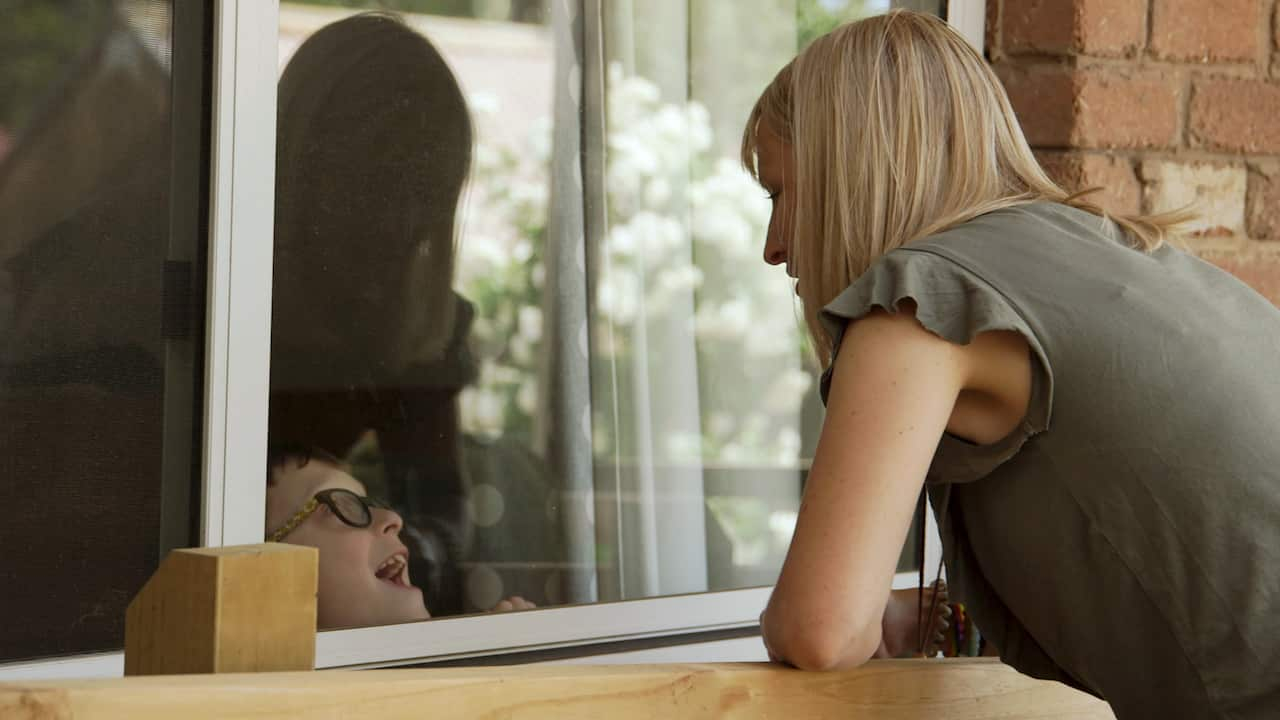There is no time like the present to have health concerns.
Just last week, in the town of Bacchus Marsh on the outskirts of Melbourne, an aged care centre went into lockdown after a staff member tested positive for coronavirus. In a few months time, that same town could be the host of PFAS contaminated soil.
PFAS is a group of chemicals often referred to by experts as 'forever chemicals'. Known for their non-stick properties they do occur in a lot of household items, including non-stick cooking spray and stain-resistant carpet.
The proposal in question would see soil dug up from the site of Melbourne's $6.7 billion West Gate Tunnel Project before travelling some 54 kilometres to a former coal mine near the Bacchus Marsh Grammar School.
Kat Barlow is a Bacchus Marsh resident turned spokesperson for the community group 'Bacchus Marsh Community Coalition'. Over 11 years ago, she first came to the town for work, fell in love with the community, and stayed.
It was a conversation at the pub (pre-COVID lockdown) where she first found out about the soil dumping proposal. Since then, Barlow has become something of a grassroots community leader, posting online and working day and night to keep residents aware of the proposal.
"We all got together and we had those conversations around what is PFAS? We had people from the National Toxics Society come in and MPs come in to try and explain to us what was going to happen," she said.

Kat Barlow looking at her phone. Source: The Feed
Perhaps more notoriously, PFAS has been the subject of three class action lawsuits settled by the federal government in three different states. In those cases, legacy firefighting foams containing PFAS were used on Australian Defence Force Bases in Williamtown, NSW, Oakey, QLD and Katherine in the Northern Territory.
In 1991, at around 2:17 pm, a fire erupted on Coode Island in Melbourne. Firefighting foam was used to put out the fire. That site is near the West Gate Tunnel Project.
That fire - and the foams used to put it out - have been the main source of contention around the proposed soil dump. The rest of the surrounding areas being dug out for the project are not expected to contain traces of PFAS. When the soil is dug up to make way for the tunnel build, it will be trucked to Bacchus Marsh before being tested for contamination levels.
"If you have a site where there is a lot of soil contaminated with maybe just a small amount of PFAS then excavating that and putting it into a site which is much smaller in area, you're effectively concentrating it," Dr Brett Turner told The Feed.
Dr Turner is a researcher at the University of Newcastle. He works for the Geo-Environmental group within the university and specifically deals with contaminant transport and remediation. He says that the biggest risk concerning the long-term storage of PFAS is that "there's nothing yet in the world that can be done to remove them or make them safe."
"I wouldn't live anywhere near a site that was storing large volumes of contaminated PFAS material," he said.
"Is it going to get into the groundwater in my lifetime? Is it going to affect the way I use my property? Can I eat the eggs that my chickens lay, can I eat my tomatoes that I'm growing if I'm using the water from the groundwater?"

Dr Brett Turner. Source: The Feed
30-year long Bacchus Marsh residents Bob and Chris Levy grow both fresh tomatoes and raise chicken eggs in their yard. The Levys were inspired to buy a Bacchus Marsh home after visiting friends who lived there. They dreamed of buying a house just like the one they visited, and so they did.
Across the road from the proposed dumping site, the Levys stand on their front porch. They point to the site, which they can see from where they're standing, as well as the road the trucks will travel along to dump the soil.
"About 300 meters from our bedroom window in a south easterly direction, they will be bringing in these trucks along the road parallel to us," Bob told The Feed.
"If the dust occurs the way we are afraid that it will, we don't know if we can use this produce," Chris added.
"We'll have no way of knowing whether it's been contaminated."

Bob and Chris Levy tending to their garden. Source: The Feed
Transurban, the company overseeing the West Gate Tunnel build said in a statement that the project "will be safely managed to protect the community and environment in accordance with all EPA requirements."
The statement went on to address concerns around water leakage; "Measures in place will include covering and sealing trucks as the soil is transported and safely containing the soil onsite to ensure the groundwater table is protected."
"We're all exposed to PFAS in our everyday lives, with low levels of PFAS found in products such as scotch guard and non-stick cookware," the statement said.
While the proposal includes testing the soil onsite, test results from Agon Environmental leaked to The Age in March of this year showed contamination levels up to 2000 times over the acceptable amount for drinking water.
Calleja Group, the company that manages the Maddingley Brown Coal site where the soil is proposed to be dumped, was unable to provide a statement at this stage of the proposal tender. Their website, however, offers publicly available plans that address the management of the proposal.
The Feed asked Dr Turner to independently look over those plans.
"They talked about having a leachate collection, which is a normal part of landfill design, but then they're also talking about pumping this leachate into a waste water detention basin," he said.
"There doesn't seem to be any detail on if that is lined, if it is lined with what, how often that is going to be sampled?"
Dr Turner says that it is not yet known how PFAS evaporates, nor is there a comprehensive understanding of the volatility between the water phase and PFAS going into the air.
The inevitability is that the soil has to be stored somewhere. When asked about where that could be Dr Turner pointed out that in his view, best practice is to treat the soil as if it is "toxic to humans."
"Just have some forethought," he said.
"Would I want to be living next door to this?"
According to Dr Turner, PFAS contaminated soil needs to be stored "away from population centres... away from water sources". The upkeep of the soil is just as important; "everything breaks down eventually and PFAS chemicals don't, ultimately it's going to be someone's problem in the future."
At Kat Barlow's home, she speaks verbally in tandem with sign language to her nine year old son, Noah, through the window into his bedroom.

Kat Barlow looking at her son Noah through a window. Source: The Feed
As health has become central to how our current society functions, this stress has not been taken lightly by Barlow. Her son was in lockdown before government-sanctioned lockdowns began, for his own safety.
Noah has mitochondrial disease, a disorder where the structures that produce energy for a cell malfunction. During a pandemic such as this, it means that he must stay inside. As far as their future is concerned, the soil-dump proposal weighs heavily on Barlow.
She shows us around Noah's garden, the one the Make-A-Wish Foundation made for him. Noah was allergic to all foods until he was seven, and then he ate kale. They grow it now, in Noah's garden.
"Safety, people, health, that's my whole life," Barlow said.
"If I can prevent any other family knowing what it's like to have a child whose life is limited on earth and know what it's like to deal with a sick child every single day, then I will do everything in my power to prevent that happening."
Share
Through award winning storytelling, The Feed continues to break new ground with its compelling mix of current affairs, comedy, profiles and investigations. See Different. Know Better. Laugh Harder. Read more about The Feed
Have a story or comment? Contact Us


